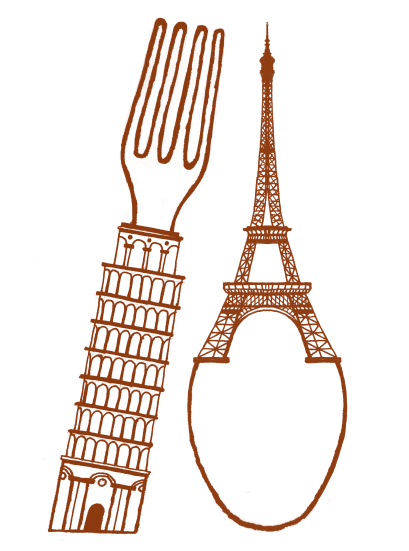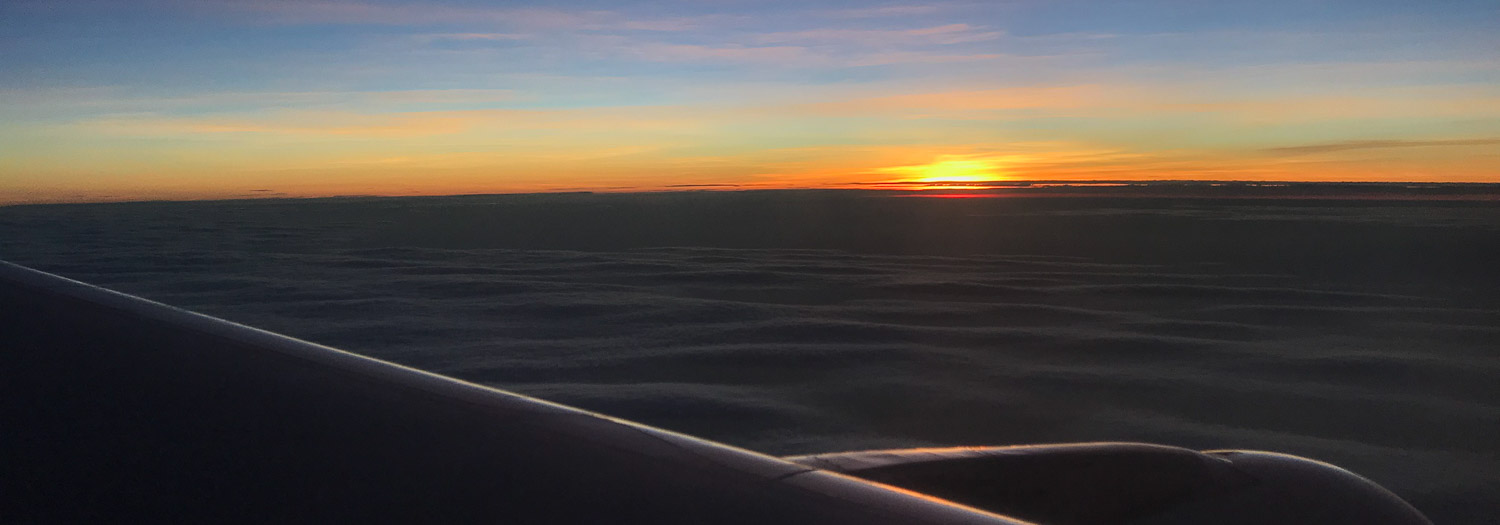
Studying in a foreign country is one of the best things I’ve done in my life. I studied languages pretty much all my life and have always been intrigued to work harder on my pronunciation. When I got the opportunity to study languages in Perugia, Italy, I was ecstatic. I could finally improve my Italian and travel to a beautiful city. It was my first time travelling alone so I was excited to be independent and meet new people but still a little anxious.
Having lived all my life on a tiny island and always wanting to learn more about new cultures, I applied for an Erasmus project whilst I was doing a degree at University. I was in Italy for almost six months during which time I studied both Italian and French. I made some great friends, had the chance to visit some of the cities and towns around the area and attend Umbria Jazz, for which the city of Perugia really comes to life.
Through this experienc, I improved vastly my pronunciation but also learnt a few tips on what to expect and how to behave in certain situations. So, I decided to write this post about some of the things I wish I knew before going to study abroad. Hopefully, this might help you before embark on this new adventure. The following are 10 tips to follow when studying abroad for a short term:
1. Do your research in advance
You just got the news that you’ll be studying abroad for a few months, whether it’s an Erasmus project or a short course...yayy you’re happy and I can assure you you’ll be enjoying yourself loads. However, I wouldn’t leave it to the last minute to start doing some actual research about all the things you wil need to sort out before going on your studies.
If you’ll be studying at a University, I would suggest trying to get accommodation that’s not too far from campus and the main town. It will save you energy on the early mornings when you have class and you’ve stayed up chatting and having fun late the night before. Also, being close to the town centre will make it easier for you to meet up with friends and walk back home without having to worry about bus/train times.

The next step is booking your flight so you get it as cheap as possible since you’ll probably have a limited amount of money. It’s better to spend your money on the great food you’ll be tasting and visiting places around the area you’ll be staying in.
Make sure to check all the necessary things you need to have whilst there. You will definitely need your passport, money in the country’s currency and you should also check if you’ll need and visas/permits to stay in the country for a short term. When I studied in Italy, Malta still wasn’t part of the European Union, so I had to get a permit done before I left for Italy and I also needed to get a specific stamp once I arrived in Perugia.
2. Pack smart
So you’ve done your research, booked flights and accommodation and it’s almost time to actually travel there. One thing I definitely learnt about the hard way was packing. It was my first time travelling for a few months so I ended up packing loads of stuff and ended up not using most of it. I packed dressy clothes, coats, heeled shoes, etc, and only ended up wearing basics. Perugia is a very relaxed place and since it’s mostly full of students, people tend to wear jeans and a top or jumper and a jacket if it’s cold and just flat shoes.
However, some essentials I would definitely pack would be bed sheets, towels and any particular medication you're not sure you'll find in the country you're moving to.
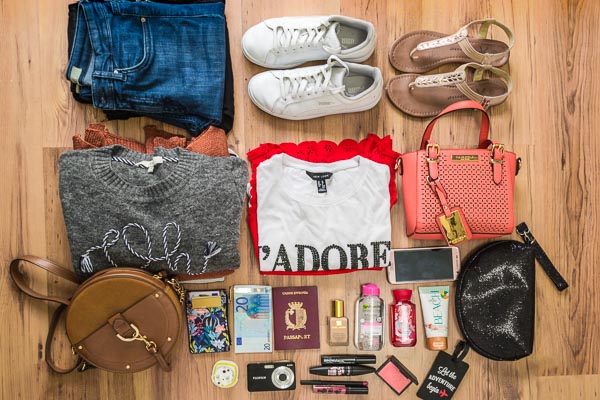
3. Immerse yourself
This is another important tip. Don’t just go to classes and then lock yourself in your room. Try to fit in with the locals as much as you can, don’t just mix with other international students you might be doing your course with. I was very lucky to get into the Univeristà degli studi di Perugia (the one Italian students go to) rather than the Università per stranieri di Perugia (where international students go to). However, if most of your classmates are international and don’t speak the language you’re wanting to learn, make it a point to meet locals and they will also be happy to show you all the non touristy places.
Whether it’s clothes, food or behaviour, try and follow ‘the rules’ so you don’t stick out and end up not making any friends. For example, from my experience, in Perugia the vibe is very relaxed and I found it quite strange that people sat drinking on the church’s steps in the main square every evening because it’s not something we did in Malta.
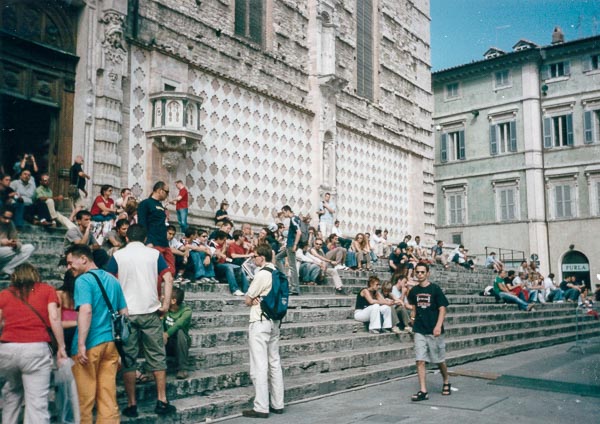
4. Taste the local food
Although in Malta Italian food is very popular and we do have lots of similarities to the Italian cuisine, it still doesn't taste the same. Having been on a budget whilst studying in Perugia, I couldn't really afford going to nice fancy places, however, I did taste some amazingly great food anyway. Starting with all the different slices of pizza, with various local dtoppings, my fave being the one with tartufo nero (a speciality of the region). I also had lots of pasta, visited the Perugina chocolate factory and also tasted some of the most delicious ice-cream flavours, my favourite being dulce de leche.
I would suggest trying as many new things as you possibly can and if you are on a budget, you will always find a few cheaper supermarkets that still offer some great food.


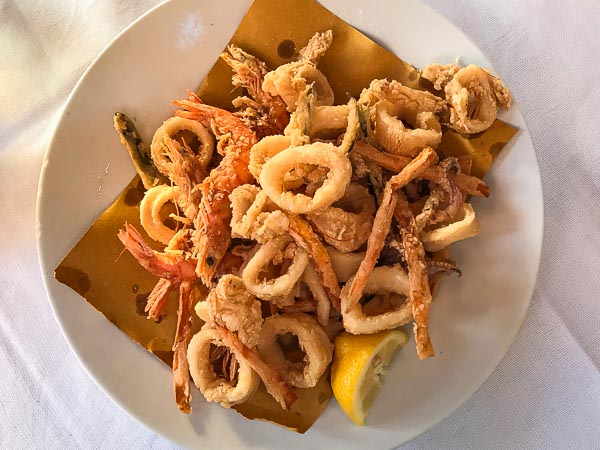
5. Get out of your comfort zone and get involved
As I’ve mentioned above, make sure you try and meet as many new people as you can so you get the full experience. At the time I was very much an introvert and I found it really hard to make new friends. However, I tried to push myself to communicate and make as many friends as I could to get the full experience of living and studying abroad.
I also tried to participate in activities happening at the time I was in Perugia. In fact, I attended the Jazz Festival that happens every year around July and tons of people attend and participate in this great event (Umbria Jazz).
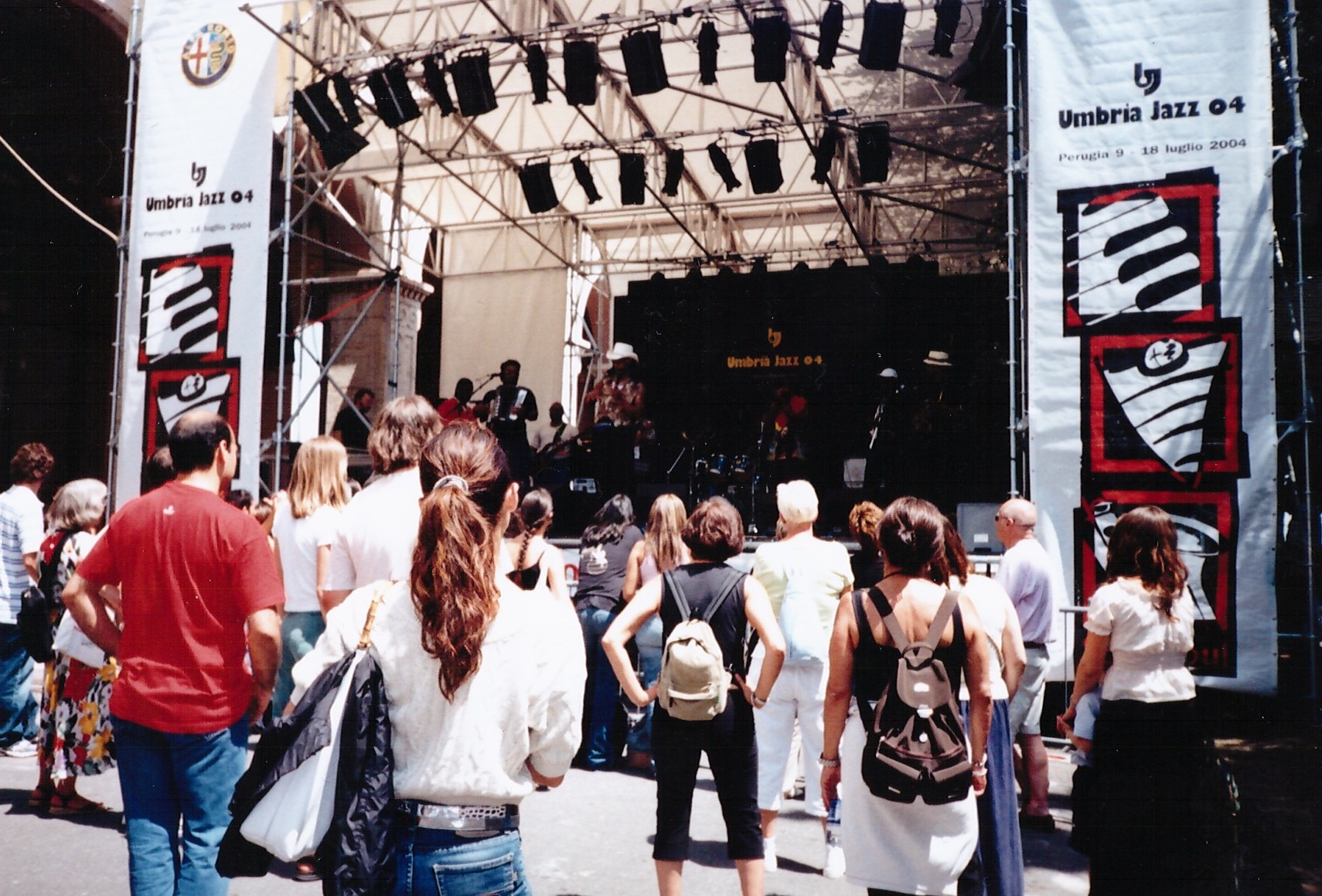
6. Speak the language with the locals
To get your pronunciation spot on, there’s no better way than to practice the language with the locals. When I first arrived in Perugia, I kept quiet because I didn’t want people to make fun of my non perfect Italian pronunciation. However, after just a few days, I met a group of friends that made me feel very welcome and helped me practice without ever laughing if I did any mistakes.
My pronunciation after the six months was so much better and I loved it when I went back to Malta and everyone was pointing out that I had a great Italian pronunciation. What I would also guest is to keep practising the language otherwise you start forgetting sounds and your pronunciation will start lacking again.
7. Go to classes but still enjoy your free time by meeting new people
Although you’ll start having fun and probably going out most nights with your new friends, make sure that your priority is still going to classes. You’ll practice your Italian and learn new things about their culture by talking to the locals, but you’ll only learn the grammar and foundations of a language in class.
I’ve honestly learnt so much in class and having studied in Italy, where exam are mostly done orally, I had the chance to do that too. It was terrifying but at the same time I was proud of myself for doing well in a kind of exam I wasn’t used to. We’ve also covered a lot of literature and if like me you’re a big fan, you’ll definitely get to enjoy that.
8. Visit nearby towns and cities
When going for either an Erasmus exchange or even taking a short course, try and go to towns/cities around the area. In my case, Perugia has quite a central location in Italy, so it was such an easy task to get a bus or a train to some of the most beautiful placesin Italy. I visited major cities like Rome and Florence but I also visited the Cascate delle Marmore (beautiful waterfalls) and the Lago Trasimeno (a lake with great taking views). Then, I also visited smaller towns around Perugia like Assisi (very popular with tourists), Gubbio and Todi.
I also had the chance to go to the terme (hot springs) which are extremely popular and very expensive in Italy if you go to the ones that have a hotel with them. However, one of the friends I’ve met took a group of us to a natural hot spring and it honestly was the most magical night with all the lucciole (fireflies) that started showing up around the trees as soon as the sun set. Unfortunately, I never remembered the name of this place and I’ve tried looking it up ever since but never managed to find it again 🙁


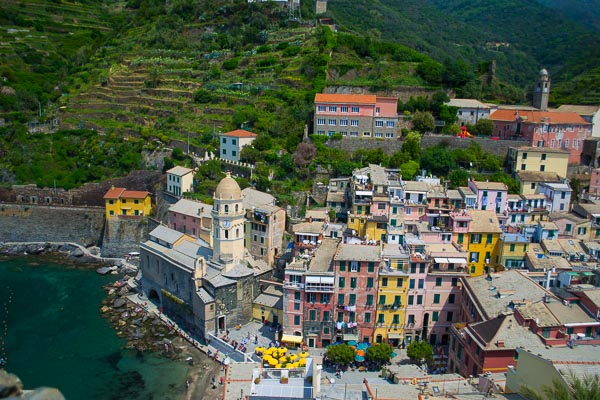
9. Document your stay
One of my regrets is not taking enough photos while I was there. Although I still have 4 albums full of pictures, I don’t think it’s a good representation of all the places I’ve been to and all the people I met. So, I would highly suggest to take as many photos as you can whilst you're there as it will have a sentimental value once you get back and it'll be great to look back on to in the following yeas. Something else you could do if you like writing, is keeping a journal/diary. It could also be an electronic journal, as long as you write about all the different things you get to experience during your time abroad.
10. Enjoy your stay and keep in touch with friends you’ve made while studying.
I’ve honestly had the best time studying abroad even i it was just for a few months. I could not recommend it more as it gives you a much better understanding of the culture than just going on holiday to that same place.
My suggestion is to experience as much as you can, don't ever shy away from any opportunities to study and get to know better a culture of some other place in the world. Knowledge and experiences are what makes you richer inside as you’ll be able to understand and relate to why people think in a certain way in different parts of the world.
